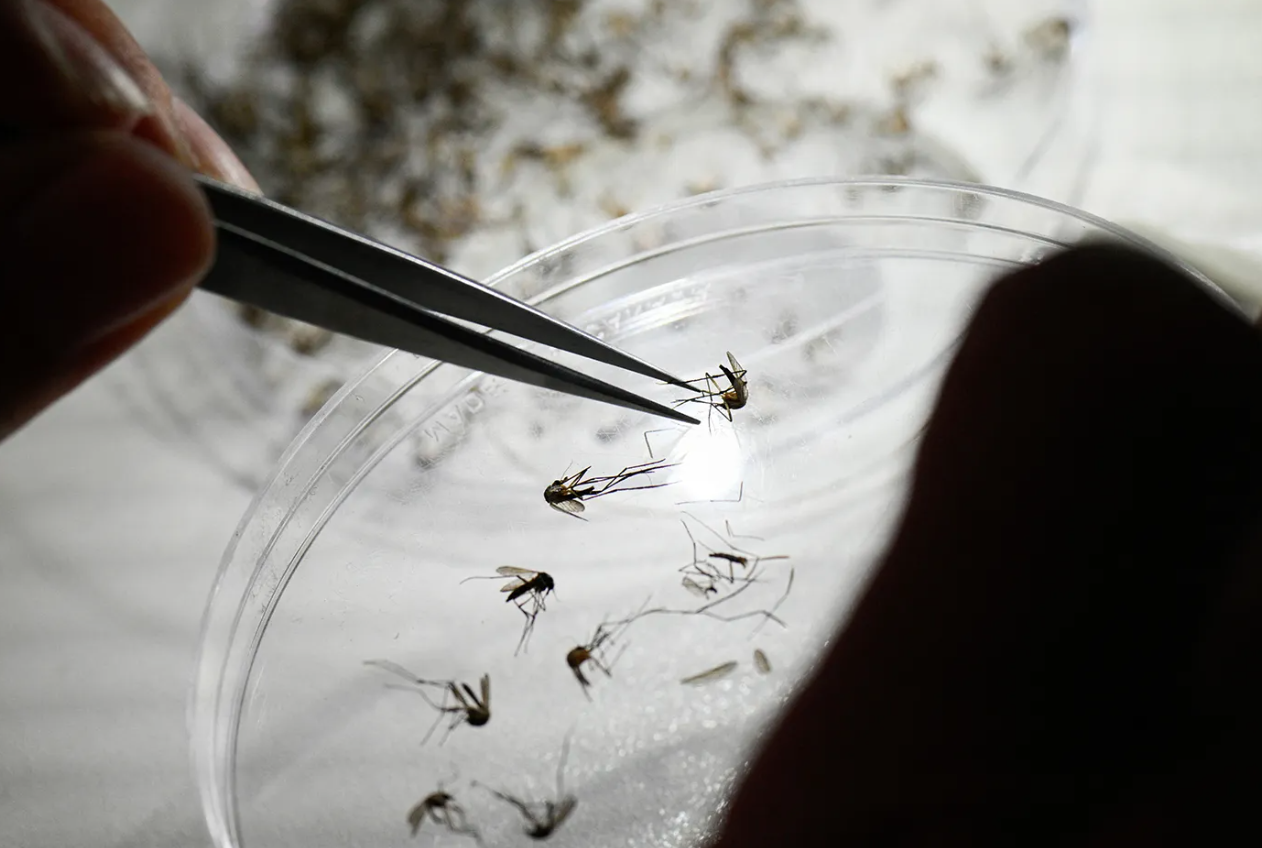Cases of dengue fever, a potentially deadly mosquito-borne illness, have skyrocketed in Puerto Rico, prompting officials there to warn that the problem has reached epidemic levels.
The outbreak in the U.S. territory has sickened at least 549 people on the island and hospitalized 340 since the start of 2024, a 140% increase in cases over the same time last year, according to the island’s Department of Health.
But the public health emergency extends far beyond Puerto Rico. The Centers for Disease Control and Prevention has announced first-level travel alerts regarding dengue fever in nearly 20 dozen Central and South American countries including Costa Rica and Jamaica.
Northeastern health experts Richard Wamai and Neil Maniar say the key to preventing dengue fever is avoiding mosquito bites. When people are infected, early detection can help prevent severe illness and death.
“With climate change, we have an increase in the hot, humid climate that is conducive to an explosion in the population of mosquitoes that increases the risk of mosquito-borne” illness, says Maniar, director of the Master of Public Health program at Northeastern.




